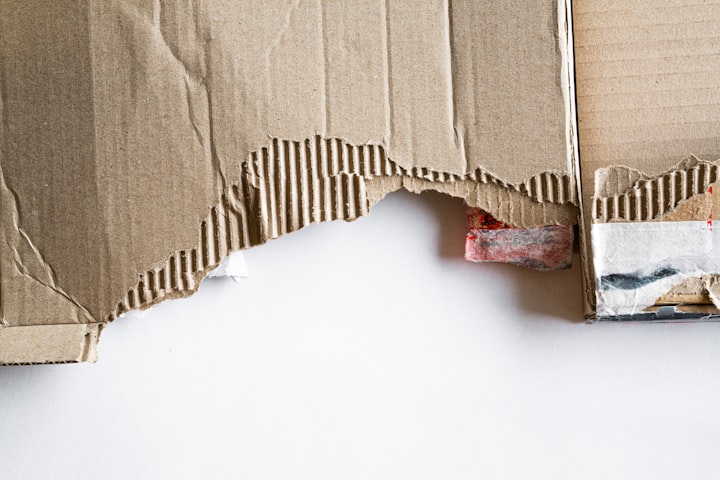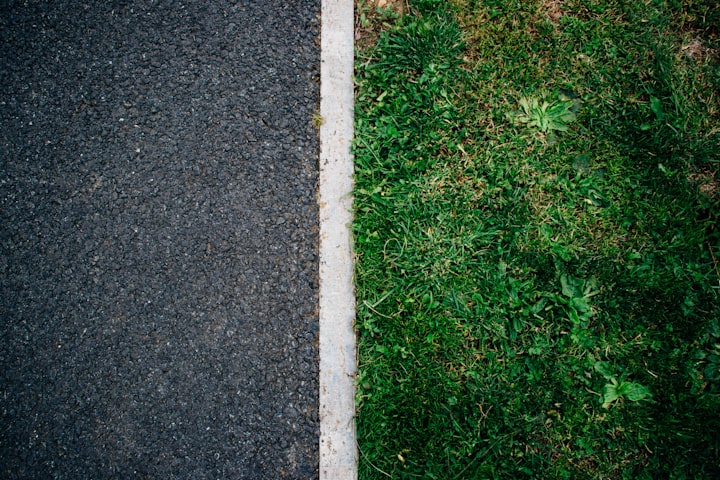Carton Policy
I don't want to wait days for the water to reach us

Bahaa Murad, a 25-year-old engineer, boarded the death boat that sank off the coast of Tripoli a few days ago, searching for his dreams, which are supposed to be too small to risk because of them. “I want to take a hot shower every day. I sprinkle water on my body, when I want, not to wait days for the water to reach us.” This is how Baha’s mother recounted, explaining that he went out to join the boat happy and optimistic, wanting to complete his studies in Germany, secure his future, and send money to his mother to pamper her. The grieving mother does not deny that the family finds what suffices it: “It is not food and drink that we lack, but dignity.” Survivors talk about taking an illegal and dangerous journey, as if they were talking about going out for a picnic. The infernal dangers they expose themselves and their children to are underestimated. On board the death boat, only half of its passengers were recovered, and it is estimated that at least 30 bodies are still with the boat at a depth of 400 meters, a shocking number of children, infants and pregnant women.
The people and survivors are angry, not only because they were forcibly returned and their loved ones drowned, but because the state that stole their money and left them plundering the fish of the sea does not have enough resources to retrieve the bodies of their children, and it requested help from Britain, France, Greece and other countries.
The Lebanese state did not spare the residents of the deprived areas of Tripoli, whether they were alive or dead. She gave them no water to bathe, no electricity to light their way, and when they drowned she couldn't find their bodies.
The people had never before been angry and insulted, and distributed their accusations to everyone, and called them, a name, a name, as they did this time. They tirelessly reiterated that they reject the "carton" policy, that is, bribery them with some foodstuffs, instead of finding radical solutions to their accumulated dilemmas.
Lebanon is in a deep hole, but the poor neighborhoods of Tripoli, from which the passengers of this doomed boat left, are the sample, which is living in the worst situation ever, and this is not a coincidence or fate, but rather a crime committed by the politicians of the region, with premeditation and monitoring.
This is clearly explained by successive reports by ESCWA about Bab al-Tabbaneh in particular, the northern region of Tripoli that was afflicted by the fiercest battles during the civil war, and was left destitute during the reconstruction period, then turned into the best site for carrying out the reprisals of the opponents during the Syrian war, and was subjected to battles of destruction and killing throughout 6 years; It was desecrated as if it were a neighborhood in Homs, and it became a home for refugees who constitute a quarter of the population.
The latest study by "ESCWA" says that poverty is caused by "the absence of political will to develop the region in a sustainable manner and to be satisfied with relief and providing in-kind assistance." In more than one place, the study points an accusing finger at the politicians who represent the region, pointing out that only 11 percent of the population elect due to despair and frustration with the possibility of change, compared to 54 percent in the Matn region, and 47 percent in the neighboring Koura.
She describes the political parties as “corrupting and protecting those who break the laws with the aim of investing them, and made Bab al-Tabbaneh an area where lawlessness, nepotism, sectarian, partisan and family fanaticism prevail. The absence of development and the law led to a lack of job opportunities, and this neighborhood became as if it were outside Lebanon.”
Every Lebanese problem is multiplied by ten in Bab al-Tabbaneh, the neighborhood whose misery extends, reaching the al-Qubbah and al-Mankoubin area.
My member of the study accuses the city's wealthy and leaders of paralyzing development initiatives, preventing the benefit of huge potentials, such as investing in the Rashid Karami Fair, the port and the free zone, and of not intentionally providing resources for them. He also says that the failure of the wealthy Tripoli to invest in it, while they are able, discouraged investors from abroad. As a result, "the dominance of local leaders and their conflicts, and the state's neglect of its responsibilities are among the most prominent obstacles to development."
In Bab al-Tabbaneh there are dilapidated and neglected buildings, some of which are rotten with bullets and shells. The benevolent politicians of Tripoli were satisfied with painting the buildings from the outside as a form of shameful propaganda for their parties, and they forgot that 1,000 homes are in danger of collapse, and more of them are in dire need of restoration, and to meet the lowest and simplest daily human needs.
There are schools, but according to the Ministry of Education they suffer from the worst conditions in terms of the placement of buildings and equipment, and the rates of school dropout and repetition. With the Syrian crisis and the influx of refugees, the collapse has increased. We are talking about no more than 300,000 people in a small residential area, from which most of the passengers on death boats leave, among them are Syrians and naturalized ones, and those who were once displaced from villages to the desolate city. Most of them are young men, the heat of life is burning in their souls, among them are graduates without work. Unemployment is sweeping, and services are non-existent, with the exception of the seasonal “carton”, which is intended to fill the soul and keep the citizen begging, at the door of someone who requests a security service or a mission that violates the law, or a vote in an electoral box, even a number in a demonstration or a fighter in a battle or A vandal in an alley.
No one can answer a simple question, why did he not take advantage of the tens of billions that flowed into Lebanon to open only two factories that could employ half of the unemployed? Shifting responsibilities no longer works. Discontent does not exclude anyone, and this will not actually translate into elections that will take place in a few days, because the candidates, for the people, are nothing but puppets of the original and its freaks. That is why they attacked and tore up pictures of the candidates, and found nothing but shouting and insults as a means of expression, and firing live bullets into the air, which the leader wished for. Which portends that the number of boats of the desperate will increase, and with it the number of the dead and the oppressed will rise.






Comments
Roxanne Mann is not accepting comments at the moment
Want to show your support? Send them a one-off tip.